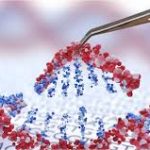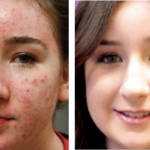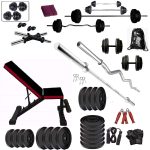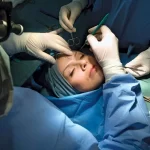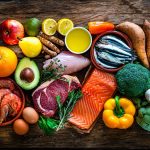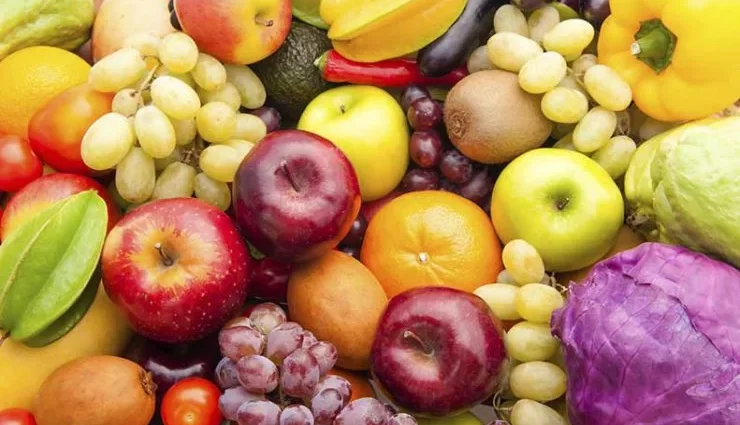After bypass surgery, you will be given specific instructions about what to eat. After the procedure, your doctor will tell you what you can eat, as well as how much you should eat. This can seem like a daunting task, but the right diet is essential to healing. Following the diet chart provided by your dietitian is crucial. You should always ask for clarifications if you have any. In addition, you should avoid smoking and keep your blood pressure and sugar levels under control.
After the procedure, you should avoid processed foods and high-fat, high-cholesterol foods. Instead, focus on foods with healthy fats that improve cardiovascular function. Studies have shown that a Mediterranean-style diet containing olive oil is better than a diet low in fat or cholesterol. Avoid refined grains, and instead opt for whole grain breads and cereals. Refined grains have been found to increase the risk of heart disease.
Besides fresh fruits and vegetables, you should also limit your intake of alcohol. Alcohol damages the liver and increases triglycerides. Excessive consumption of alcohol can increase LDL and lower HDL levels in the blood. High LDL levels can lead to cardiovascular complications after bypass surgery. Plus, alcohol contains empty calories. Moreover, most mixed drinks contain high levels of sugar and cream. It is recommended to consult with your physician before taking any new food after bypass surgery.
In the first few weeks following the surgery, patients may gradually increase their amount of food and frequency. They may also be able to eat larger portions of food at each meal. Dietitians can help patients adjust to the new eating habits. Occasionally, certain types of foods may cause nausea, vomiting, or pain. But you may be able to try these foods again once you have recovered from the surgery. Aim to eat slowly and wait at least 30 minutes before drinking more liquids.
Besides avoiding sugar and fats, you should eat foods that are rich in fiber. Fiber acts as a natural laxative by increasing stool bulk. This enables stools to pass more easily through the colon. Most fiber is found in the skins and husks of fruits, greens, and vegetables. The average adult needs about 25-30 grams of fiber daily. Constipation is the enemy of heart health. Increasing fiber intake helps prevent constipation, which is associated with physical inactivity and medications.
It is important to follow the dietary guidelines prescribed by your dietitian and doctor following the surgery. Your doctor may give you dietary recommendations based on your condition and the amount of calories you need. You should also avoid drinking alcohol or engaging in other activities that could increase your risk of blood pressure. Also, avoid too much salt as too much sodium increases the risk of developing high blood pressure, which puts additional pressure on the heart and blood vessels.
Exercise and diet are not mutually exclusive, but they have been found to have a positive impact on patients after CABG surgery. In fact, diet and exercise can have a positive impact on patients’ physical fitness and psychosocial well-being. It is also important to note that these two interventions have positive effects in the short term, but they will fade over time. However, despite the promising results, these studies are still incomplete and need further research to validate the findings.


